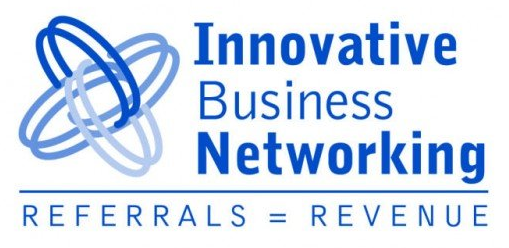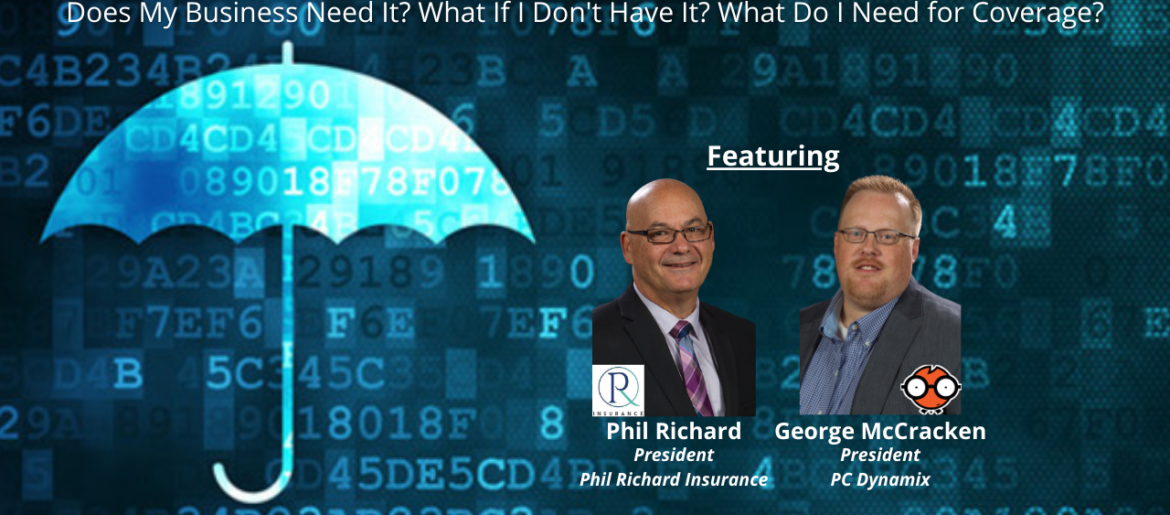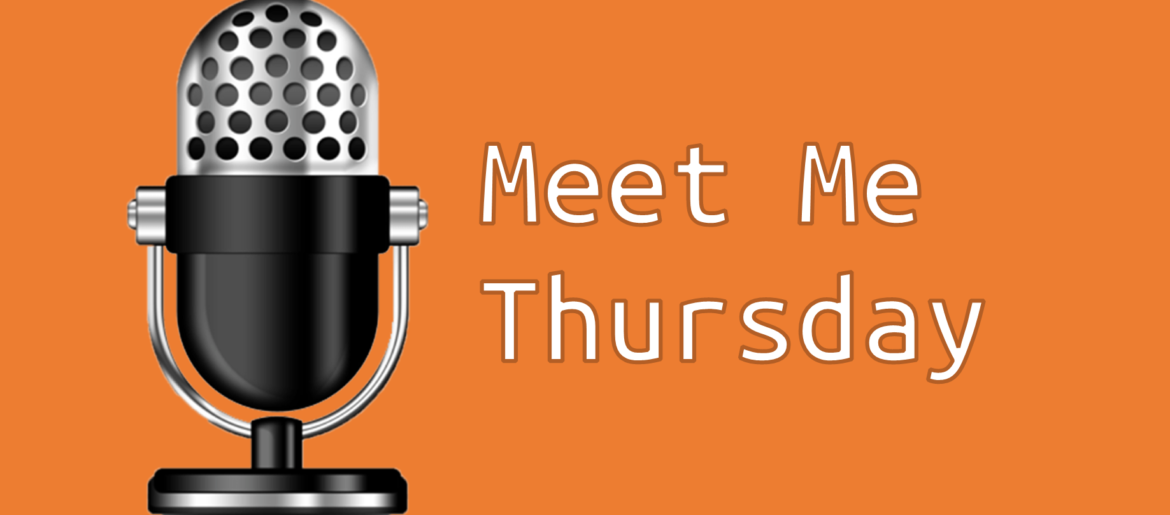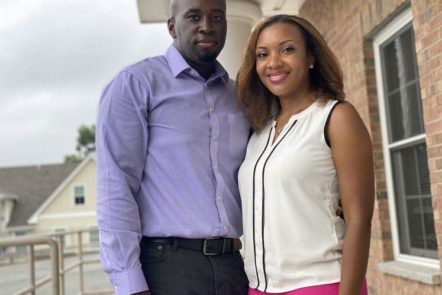Top Posts
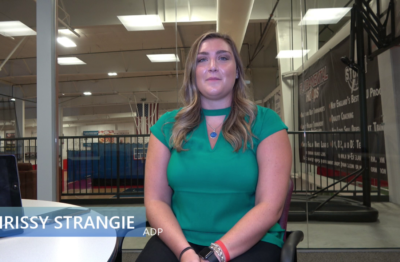
18.09.2019
IBN
video

15.10.2019
IBN
post
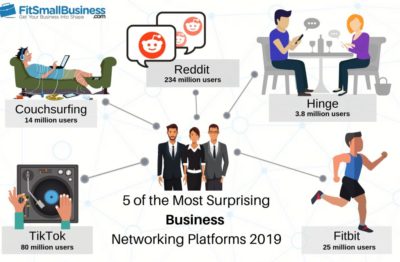
04.09.2019
IBN
post
23.10.2020
pcdx
video
20.08.2020
pcdx
video
Truthfully, there hasn’t been a lot of good news lately. Living through a pandemic can be physically, mentally, and financially exhausted. That’s why when we see things that could help our clients save money, we want to pass along that good news.
Given the large number of unemployment claims, businesses operating remotely or at a reduced capacity, and families strapped for income, it comes as welcome news that the insurance companies across the country are offering rebates and discounts. Here are a few local carriers that are offering rebates or credits.
Plymouth Rock Assurance
Plymouth Rock is pleased to share that a COVID-19 relief credit amount for auto customers is now available to view in Agent Web and eServices. They have prepared a frequently asked questions document to help you understand the application of relief credits. In addition to credits, Plymouth Rock also extended the suspension of cancellation of insurance due to many clients having financial difficulties during this time. They have published all of their latest COVID-19 updates to the Plymouth Rock COVID-19 Independent Agent Message Center.Safety Insurance
Safety Insurance has announced the Safety Personal Auto Relief Credit. Any Safety Insurance personal auto policyholder that has a policy in effect as of April 1st will receive a 15% credit off their premium for the months of April and May. They have also rescinded cancellation notices as of March 23, 2020. This includes all non-payment cancellations. Along with this, they have waived all late and NSF fees. In addition, clients who now find that they are using their personal vehicles to deliver food or in some other way due to a change in business operations during this time will be covered in those policies as well. In order to help local charitable organizations and frontline workers, Safety Insurance is providing financial support to: Massachusetts COVID -19 Relief Fund, the Boston Resiliency Fund, Project Bread, and Healthcare Heroes to benefit the Massachusetts General Emergency Response Fund.MAPFRE Insurance
MAPFRE is proud to announce the MAPFRE Insurance Staying Home Refund in order to ease some of the financial burden facing many of their customers. The MAPFRE Insurance Staying Home Refund will return 15% of April and May premium to their voluntary personal auto policyholders in Massachusetts, a total of over $30 million. On average, most policyholders will receive a premium credit of approximately $40. Further details will be available on their website at http://mapfreinsuranceblog.com/covid-19-updates/.Arbella Insurance Group
Arbella has publicly announced the Arbella “Here. For Good.® Give Back Program,” which will provide premium credits to personal auto customers. The “Here. For Good. Give Back Program” will provide Arbella private passenger auto customers with a credit equal to 20% of their auto premium for three months, April, May, and June 2020. The savings will result in an estimated average of $60 per vehicle, and customers with multiple vehicles on their policy could see significant savings. Subject to approval by state regulators, Arbella customers can expect a credit to be applied to their bill within the next 60 days. Customers do not need to take any action to receive the credit. If the policyholder has paid in full, they will be mailed a check. A policyholder must be an active customer at the time the refund is issued.Vermont Mutual Insurance
As of May 1, 2020 Vermont Mutual Insurance began mailing letters to Personal Auto customers advising them if they qualified for a 20% payback equivalent for their auto premium for three months. Not only are they offering this rebate but they are offering customers the option of collecting the rebate themselves or taking the money and donating it to a charity such as Feeding America, United Way, Meals on Wheels, or the Salvation Army. For more information on this rebate and the opportunity to donate to these charities that are directly helping communities impacted by COVID-19 see this link. Don’t see your carrier listed here? Contact our agents to see what rebates or discounts your carrier may be offering.
04.08.2020
Phil Richard
standart
Since mid-March, the state of Massachusetts and surrounding states have been on quarantine lockdown. This means that businesses have been shuttered or have shifted to working remotely unless they are classified as essential. It also means that millions of employees have been furloughed or laid off due to this global health crisis. As of last count, 30 million people have lost their jobs and filed for unemployment benefits.
What does all of this mean for business owners? Will they file for bankruptcy, take loans to stay afloat, rely on government stimulus programs to help until things get back to “normal?” The answer will be different for each business depending upon the number of employees, the nature of their work, and demand for their type of business going forward.
A few things will be the same for all business owners as we navigate the reopening process across the region – the need for business liability insurance or commercial liability coverage. One major question that owners will need to consider will be “what kind of business liability insurance will be needed to protect against employee illness, rehiring litigation, and potential discrimination that could occur when owners are faced with decisions on who to rehire and who will remain unemployed?
Workers’ Compensation Issues
According to SRHM, an online site dedicated to Human Resource news, trends, and analysis, states that there are special circumstances at play when dealing with workers comp for employees out sick with complications due to the coronavirus. “Normally, when it comes to workplace illnesses, most state statutes only pay out benefits if the disease in question is occupational in nature.” This is to say that communicable and contagious diseases are generally excluded from workers’ compensation policies. However, coverage may be triggered if the illness arose due to or in the course of the worker’s employment. In general, these scenarios are examined on a case-by-case basis, but could include instances when: a health care worker contracts COVID-19 at the hospital where he or she works, an airline employee contracts COVID-19 from a passenger, or a hospitality worker contracts COVID-19, which is later linked to a large event at which the person worked. We advise that you check with your business insurance agent to find out where you stand on coverage prior to opening so that you will be covered should your employees contract the virus.Liability Concerns
In addition to workers’ comp concerns, business leaders will want to investigate liability issues that may be connected to the coronavirus outbreak within your office or building. COVID-19 raises a number of liability concerns, particularly if guests, customers, clients, or employees allege they became sick due to a business’s negligence. For example, unsanitary practices, lack of protective equipment, and not following guidelines set forth by the state and local municipalities regarding workplace conditions. When it comes to these concerns, it’s important to confirm your liability insurance with your agent/carrier. General liability insurance, sometimes referred to as commercial liability insurance, protects your business from financial loss should you be liable for property damage or personal and advertising injury caused by your services, business operations or employees. In regard to COVID-19 specifically, general liability policies should provide coverage and allow you to defend claims. There may also be questions of discrimination when it comes time for business owners to choose who to bring back to work and who will remain on unemployment until business revenues rebound. Where do you stand in regard to your liability coverage in the age of COVID-19? Check with our agents to find out what coverage you have and what vulnerabilities there may be as we begin reopening in our area.
21.07.2020
Phil Richard
standart
MIDDLETON — As one of the more than 700 local businesses that received loans from the Paycheck Protection Program, The Goddard School of Middleton had plenty of company.
But in another respect, the preschool owned by the husband-and-wife team of Mark Anthony Hunter and Johann Hunter stood out from the crowd.
Of the 723 businesses that received loans in the 12 communities covered by The Salem News, The Goddard School is one of only seven owned by minorities and one of only three owned by Blacks.
The low-interest loans were made available through the federal government’s CARES Act and are designed to help small businesses cover payroll and other costs during the coronavirus pandemic. The loans can be forgiven if the money is used in accordance with the program.
The Hunters said they received a loan in part because they have a good relationship with their bank. But they said many minority-owned businesses don’t have those same relationships and are being left behind in the competition for the PPP loans.
“If you’re a minority-owned business and you don’t have a loan with a bank, you’re going to be left out of that conversation,” Mark Hunter said.
The Hunters, who live in Danvers, bought The Goddard School of Middleton in 2016. The school is part of the Goddard franchise and serves children from ages 6 weeks to 6 years old.
The school was closed from March 19 to June 29 due to the pandemic. The Hunters said the PPP loan enabled them to retain some of their teachers during the shutdown so they could work with students through Zoom.
“Particularly with our older students, we wanted to make sure from an emotional/social standpoint they were still having connections with their fellow students,” Mark Hunter said. “For the younger kids, even the babies, we did Zoom one or two days a week and made sure they saw their teachers’ faces to make the transition back easier.”
The loan was for between $150,000 and $350,000, according to the federal government, which provided only ranges rather than exact amounts. The Hunters said the money has also helped with costs such as rent and utilities.
The Hunters got their loan through TD Bank. They said they were helped by the fact that the Goddard franchise had originally introduced them to the bank. But they said many Black owners don’t have relationships with banks and have trouble getting start-up loans and have to rely on their own savings or borrow from friends and family to get their businesses going.
“One of the things we’ve noticed is that access to capital for people of color when it comes to starting their own businesses has already been a challenge,” Mark Hunter said. “When the PPP loans became available, banks became flooded with applicants. It’s understandable that a bank would choose to focus on their customers first with all this volume.”
A review of the Paycheck Protection Program by the Small Business Administration’s Office of Inspector General said minority-owned, women-owned and rural businesses “may not have received the loans as intended” because the SBA failed to provide guidance to lenders about prioritizing borrowers in under-served markets.
The Hunters recently joined a conference call set up by Karim Hill, president and CEO of the New England Business Association, to talk with Sen. Ed Markey about the lack of access to PPP loans for minority-owned businesses.
Hill said the PPP program is well intended but the execution is “really poor when it comes to Black and brown individuals.” He said one possible solution is for the government to distribute the money as grants through nonprofits, rather than as loans through banks.
“You have to take away the idea of it being a loan,” Hill said. “Loan underwriting criteria is what’s holding back Black and brown business owners.”
Johann Hunter said she and her husband, who have two children ages 4 and 7, are active in the local community and have created lots of allies. Last year the school hosted a touch-a-truck event that drew 800 people.
“Everyone knows us,” she said. “When you serve a population with a lot of young people you create a lot of relationships.”
Mark Hunter said there aren’t a lot of minority-owned businesses in the groups that they have joined, such as the Middleton Board of Trade, Innovative Business Networking, and Greater Beverly Chamber of Commerce. So it is unclear how many minority businesses in the area actually applied for PPP loans.
“The question is, how can we encourage more folks to get into entrepreneurship and take advantage of all the benefits entrepreneurship can give you?” he said.
Staff writer Paul Leighton can be reached at 978-338-2535 or pleighton@salemnews.com. Staff writer Dustin Luca contributed to this story.Article originally appeared at https://www.salemnews.com/news/local_news/few-black-owned-businesses-get-ppp-loans/article_764ff682-9ce9-529f-a94a-9a38ecdda75d.html
16.07.2020
IBN
standart
